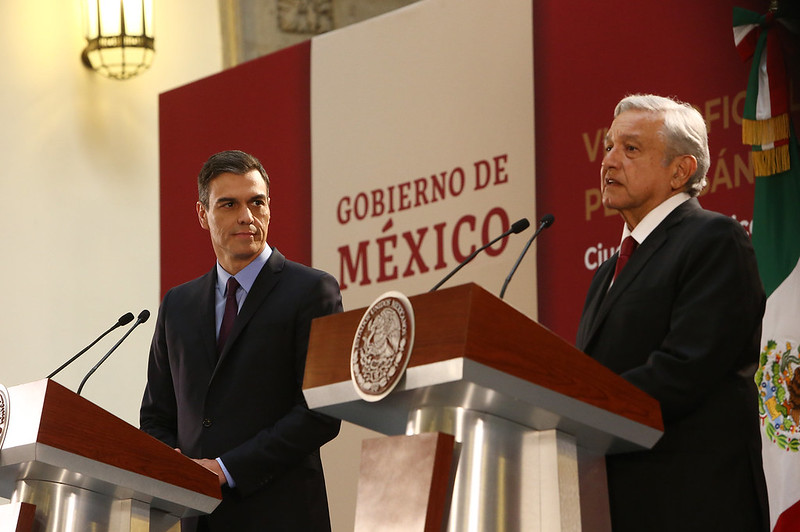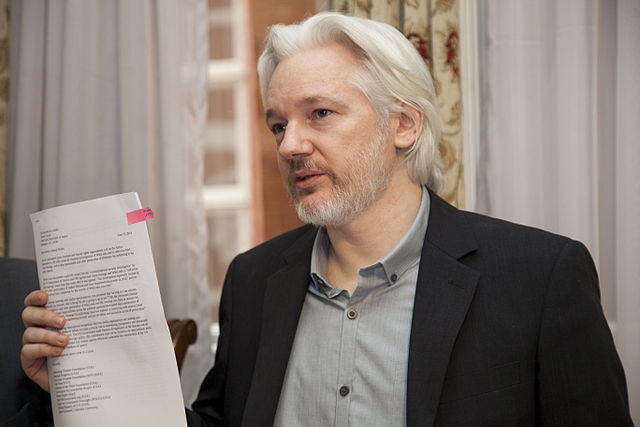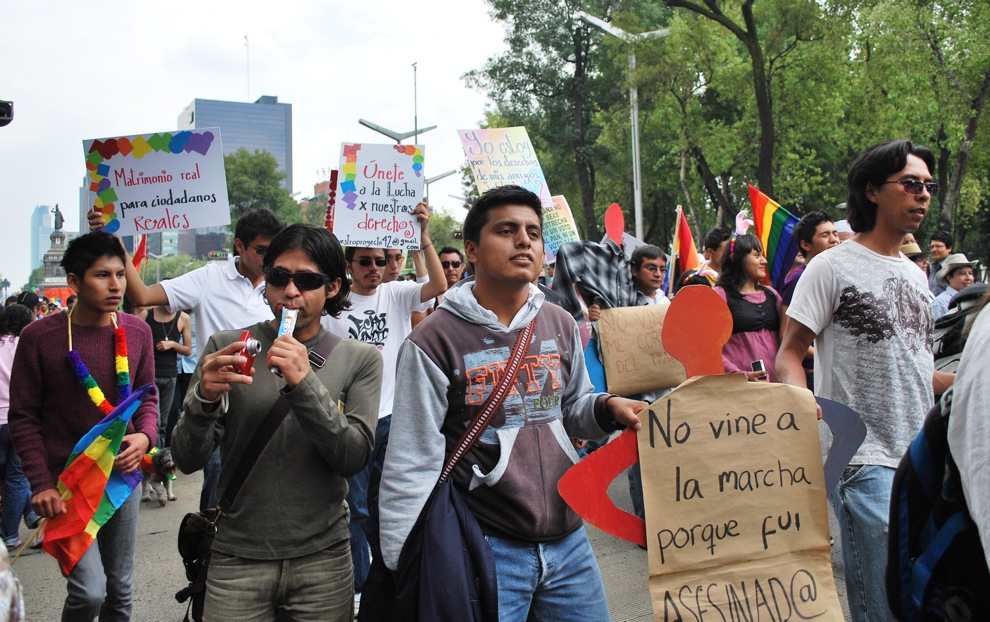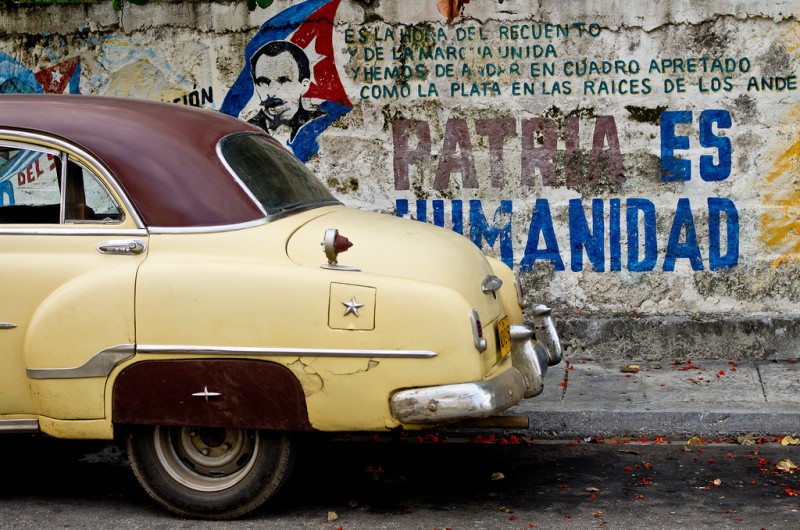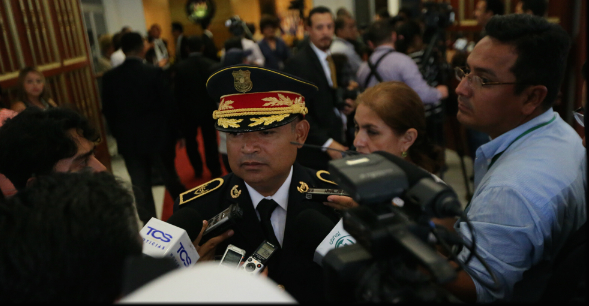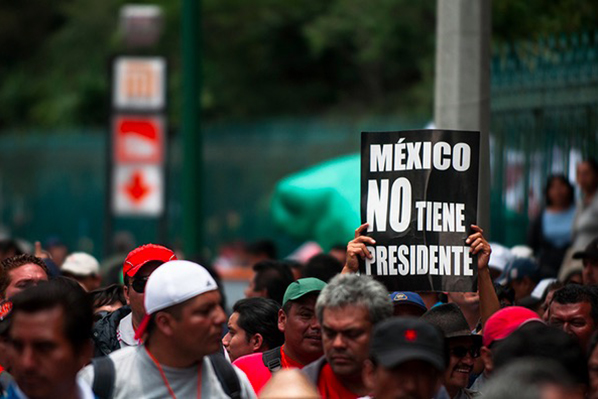
Latin America: Week in Review, Mexico, North America
Mexico Government Backtracks on Education Reform, Courting Criticism
June 2, 2015 By Staff
Mexico’s government on Monday faced harsh criticism from a coalition of civil society groups following reports that it suspended the evaluation of public schoolteachers, a main component of President Enrique Peña Nieto’s ambitious education reform as well as a leading grievance of protesting teachers, who have promised to disrupt local elections on Sunday.
The reversal of the evaluation policy, a victory for vocal wings of the powerful SNTE union, as well as the more radical CNTE, was first announced on Friday in an online post by Secretary of Education Emilio Chuayffet. In a statement Monday, a group of 20 advocacy groups and think tanks, including the Mexican Institute for Competitiveness and México Evalúa, called the reversal “blackmail” and the policy “a political bargaining chip,” demanding its reinstatement, McClatchy DC reported.
Teachers in Oaxaca state, a longtime focal point of activism, have attacked two electoral sites and burnt more than 10,000 ballots, The Associated Press reported, and have threatened to disrupt elections in protest against education reform. Beyond Oaxaca, strike action is ongoing in parts of Chiapas, Guerrero and Michoacán states, according to McClatchy.
Peña Nieto’s education reform efforts were viewed as an attempt to wrest power from teachers’ unions. Before the reform package was signed into law in 2013, some teachers could buy and sell their jobs, which were difficult to lose even in the event of poor performance. Despite high spending levels, Mexico’s schools rank near the bottom of the Organization for Economic Cooperation and Development.
Nonetheless, when the reforms were announced, teachers in states like Oaxaca and Guerrero took to the streets, as they did during the presidency of Peña Nieto’s predecessor Felipe Calderón, who was himself forced to moderate efforts at reform.
The move has been described by some analysts as a sign of Peña Nieto’s political weakness.
Headlines from the Western Hemisphere
North America
- U.S. President Barack Obama is planning to nominate Roberta S. Jacobson, the top State Department official for Latin America — who has been instrumental in shifting U.S. policy towards Cuba — to be the Ambassador to Mexico, the White House announced Monday.
- Mexican President Enrique Peña Nieto altered his presidential asset declaration late on Sunday after a report by Reuters pointed to irregularities in his property holdings.
Caribbean
- Soccer team the New York Cosmos will become the first professional U.S. sports team to play in Cuba since the announcement by U.S President Barack Obama and Cuban President Raúl Castro in December that the two countries would restore diplomatic relations — a move that caters to soccer’s growing popularity in two countries known for their baseball fanaticism.
- Cuba has experienced a resurgence of religion in the past 25 years, reports the Washington Post, as the fall of the Soviet Union allowed the Catholic church to found its footing on the Caribbean nation once again.
Central America
- Ongoing demonstrations in Honduras, organized via social media, are protesting an alleged embezzlement scheme involving millions of dollars from Social Security funds and calling for President Juan Orlando Hernandez’s resignation.
Andes
- The murder trial of former Colombian Security Chief Miguel Maza began on Monday. Maza is on trial over his alleged involvement in the 1989 assassination of popular presidential candidate Luis Carlos Galán.
- An 18-day longshormen’s strike has continued at Peru’s largest port, Callao, resulting in some $100 million in lost revenue, which the Exporters Association of Peru claims will cause inflation in the country.
- Rebels in Colombia’s southern Putumayo province attacked oil wells and pipelines over the weekend. Such attacks had almost entirely ceased from January to April during a unilateral ceasefire declared by the FARC, which the group ended last month.
Southern Cone
- An Argentine judge has resigned after widespread criticism over his decision to reduce a convicted child abuser’s sentence because the 6-year-old victim, according to the judge, supposedly showed signs of homosexuality
- Ahead of October presidential elections in Argentina, all three leading candidates have vowed to undo President Cristina Fernández’s economic policies meant to expand welfare programs, provide subsidies to sectors of the economy and address depleted currency reserves
- The official inquiry into the death of Argentine Special Prosecutor Alberto Nisman in January came under attack on Monday as a video revealed that police failed to use latex gloves while investigating the crime scene.
